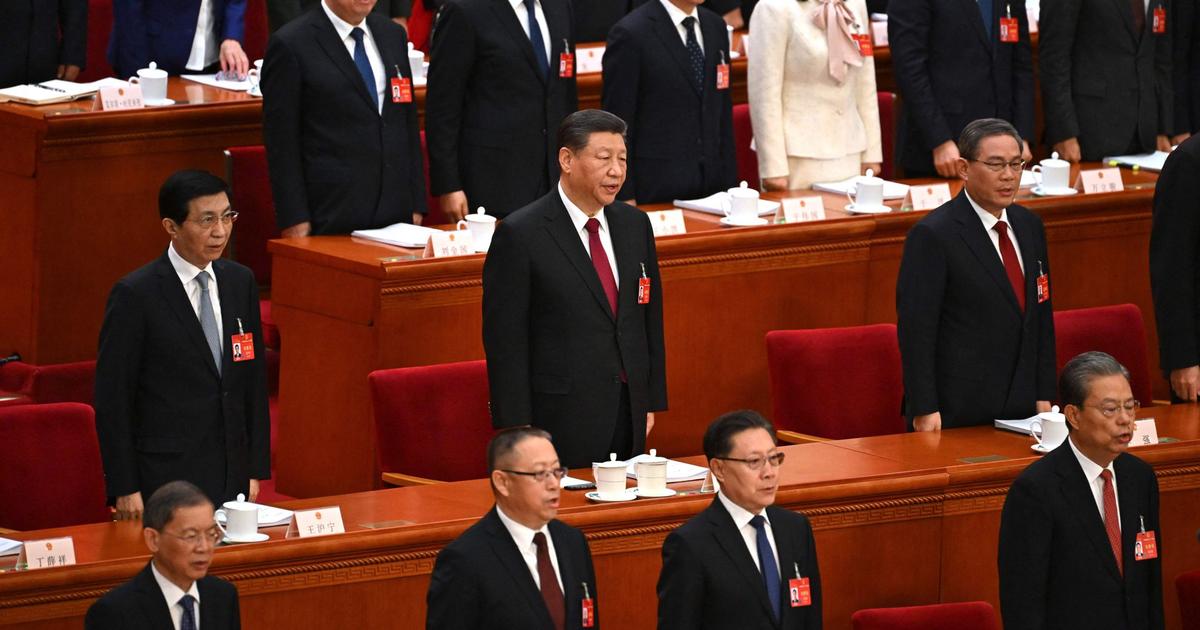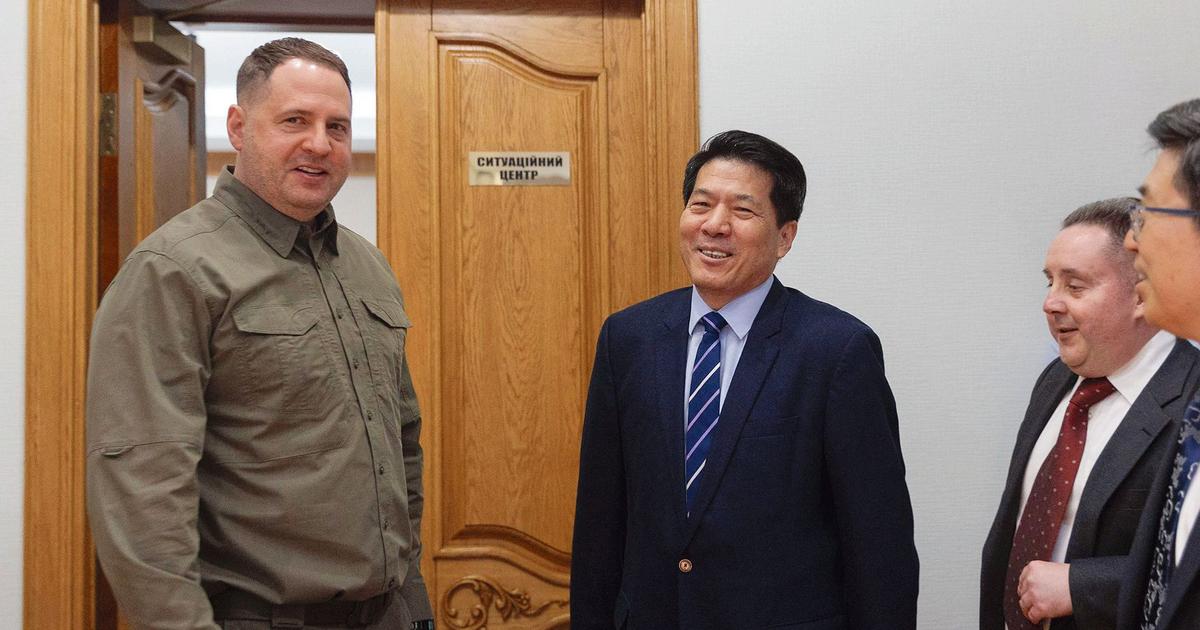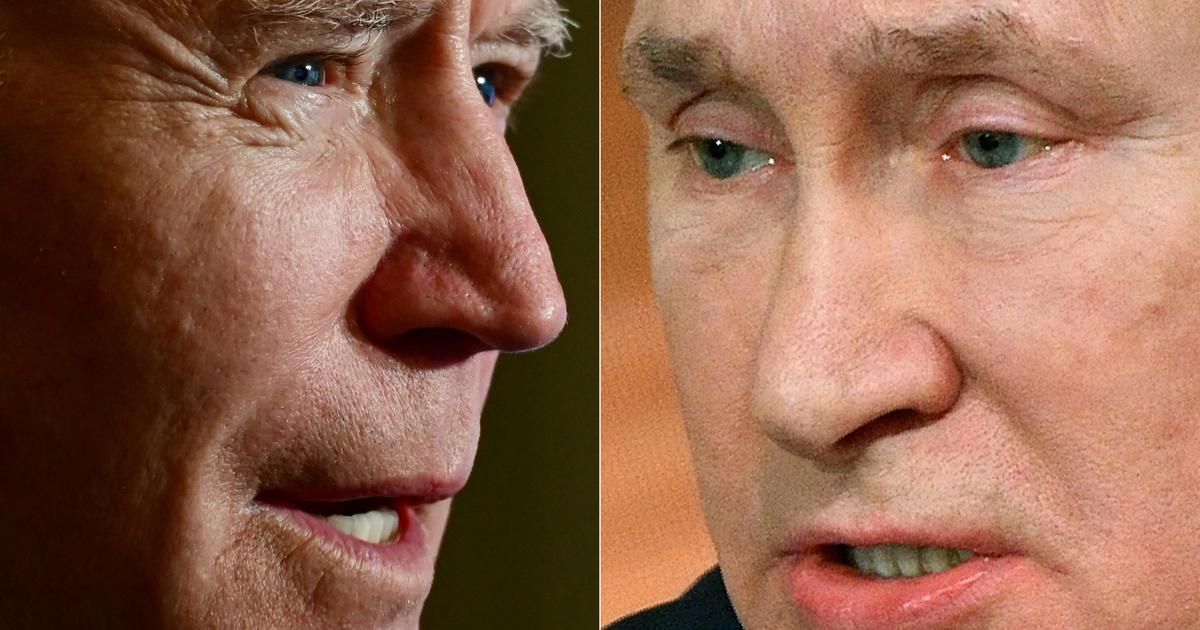The alleged US-captured Chinese spy balloon and the subsequent cancellation of Secretary of State Antony Blinken's visit to China show just how difficult it is going to be to put relations back together between the two superpowers.
The meeting between Blinken and his Chinese counterpart Wang Yi in Europe last Saturday does not serve to put an end to the tense relationship between Washington and Beijing.
And if there is a region that suffers the repercussions of the continuous problems between the United States and China, it is Asia.
This is where the United States has been focusing its foreign policy for more than a decade, in its attempt to maintain its dominant position globally.
And it is also here that China wants to achieve regional hegemony, with a clear vocation to return to being the "country of the center" that dominated Asian geopolitics for centuries.
The countries of the Asian continent do not want relations between the United States and China to continue down this path.
It is true that the major powers in the region are either allies of the United States or are tightening their security ties with the United States.
What's more, many of them have their own territorial problems with China and fear its increasing military spending.
South Korea, the Philippines, India, Japan, Singapore, Thailand, Taiwan and Vietnam have positioned themselves on the US side on security issues.
In this sense, it is not correct to affirm that the United States is forcing cooperation with the countries of the Asian continent in this field.
These are the ones who consider it beneficial to go hand in hand with Washington to maintain a balance of power against Beijing in the region.
At the same time, however, Asian countries understand that China has been, is, and will be a fundamental piece on the regional and global geopolitical chessboard.
It is also one of the largest trading and financial partners of the vast majority of Asian countries.
Therefore, the governments of the region cannot afford to break diplomatic and economic ties with Beijing.
They know that China's power is only going to increase, so they have to live with it.
This reality is exacerbated by the decision of the United States not to sign any regional trade agreement, after Donald Trump left the Trans-Pacific Agreement for Economic Cooperation (TPP) the same day it was inaugurated in 2017. The Indo-Pacific Economic Framework promoted by Joe Biden does not include new concessions in terms of access to the US market.
It is not, therefore, a possible substitute for the juicy Chinese market.
In this context, the countries of the Asian region are looking for formulas to reduce tensions between the United States and China.
These formulas include the strengthening of spaces for dialogue between the two powers, such as the ASEAN Regional Forum or the ASEAN Plus Meeting of Defense Ministers;
the more or less open messages to the United States that Asia is not in the business of isolating China and that there is no competition between democracies and dictatorships in the region;
and clear messages to China that its behavior is causing tensions across Asia and leading Asian governments to cooperate more closely with the United States.
A reduction in tensions would help the countries of the Asian continent to focus on their economic growth after the end of the covid-19 crisis.
It would also help control the arms race in the region.
After all, the decades of economic growth throughout Asia were largely the result of a context of peace and cooperation.
This helped the countries of the Asian continent to focus on policies designed to increase their exports and attract greater investment flows.
Both the leaders of the different Asian countries and their business elites are not resigned to the fact that this vision of the continent's recent past, although somewhat idealized, is not its future.
Specifically, the reopening of borders by almost all Asian countries shows that the governments of the continent are preparing to return to the reality prior to covid-19.
It remains to be seen whether Asian countries will be able to prevent the Cold War between Washington and Beijing from continuing to heat up on their continent.
So far, they have not succeeded.
The crisis unleashed by a Chinese balloon flying over US territory shows that Asia still has a long way to go, if it is to help the two superpowers find a way to live with each other.
Ramón Pacheco
is KF-VUB Korea Professor at the Free University of Brussels and Full Professor at King's College London.
Subscribe to continue reading
Read without limits
Keep reading
I'm already a subscriber

/cloudfront-eu-central-1.images.arcpublishing.com/prisa/E4ZA7X4VONA5NHYZWKBTXHAEUQ.jpg)




/cloudfront-eu-central-1.images.arcpublishing.com/prisa/MGXQCRPVF5E7IC2XTMDAP6ZWZ4.jpg)




/cloudfront-eu-central-1.images.arcpublishing.com/prisa/KMEYMJKESBAZBE4MRBAM4TGHIQ.jpg)


/cloudfront-eu-central-1.images.arcpublishing.com/prisa/EXJQILQR5QI7OMVRTERD7AEZAU.jpg)
